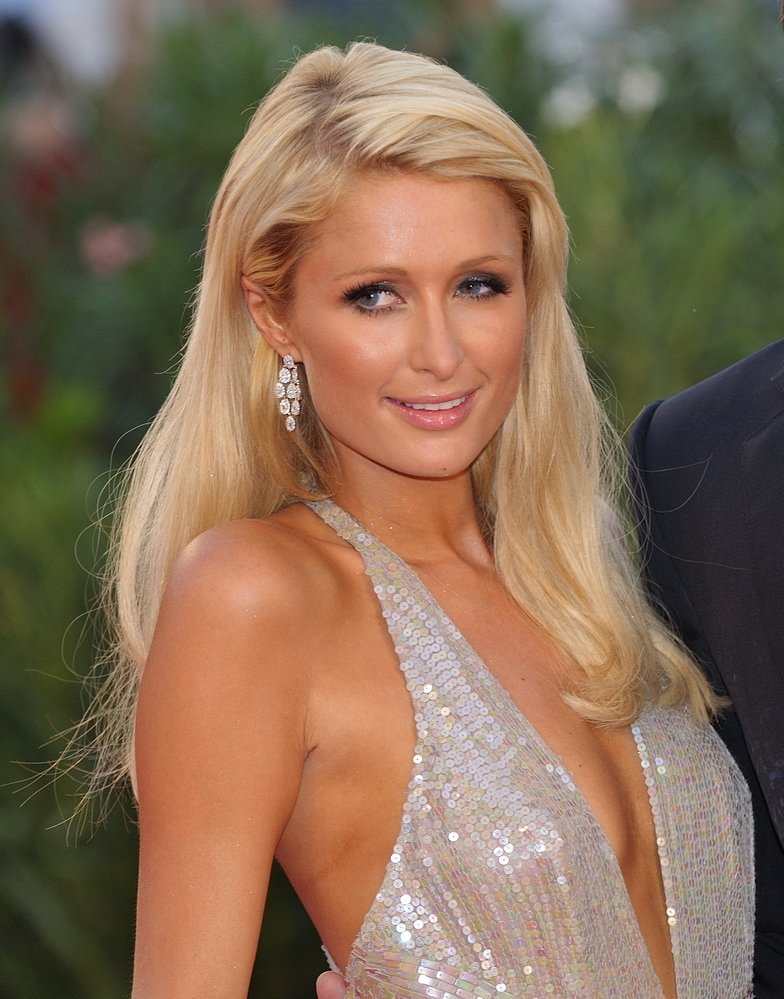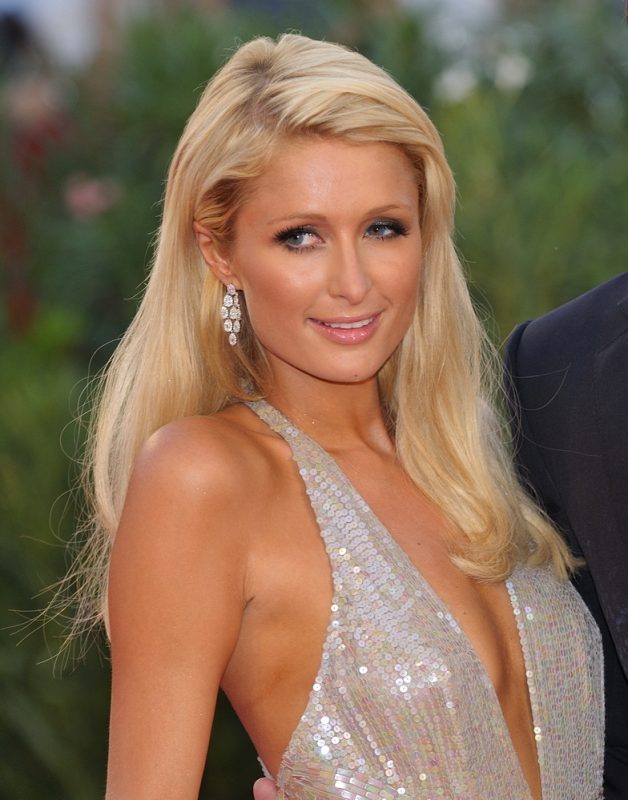Paris Hilton’s new documentary brings her private life to the public eye


My perception of Paris Hilton was shaped by her early 2000s pop-culture status of being the ultra-rich, “dumb blonde” socialite who once appeared in terrible MTV and Fox reality shows and gained her fame from riding on the coattails of her wealthy family.
At some point in my pre-teen life, I’m sure I owned one of her perfumes, I ironically used her now-infamous “that’s hot” catchphrase and I assumed from her endless media appearances that she was just an airhead Barbie obsessed with attention.
“I feel like the whole world thinks they know me because I’ve been playing this character for so long. That’s not me.”
This is Paris, Hilton’s revealing documentary that was released in September, exposes the apparent truth in this personal statement more than I could have ever anticipated.
My expectations for this YouTube Originals release were fairly low. I had only heard that Hilton wanted to showcase who she really was to the world, and I assumed that this was some sort of image rebrand before she turned 40.
Watching this movie, though, made it very obvious to me that I, like many people, ate up the facade that Hilton has fed the media for the majority of her life.
A baby-voiced ditz who didn’t know what Walmart was because she was so out-of-touch with reality, is actually a human being going through her own hardships.
Although the press liked to present her as some sort of automaton with no heart inside a hollow tin chest, her depth as a person shines through in this film. Her actual voice, deeper and less flat than the one she typically uses in public, is used throughout the film to catalog moments from her lavish life of privilege that led to her eventual exploitation.
Viewers are given a peek into more than just her unbelievably overstocked closet and are taken through the influencer’s trauma, which stemmed from her time spent in correctional boarding schools where she experienced abuse.
As corny as this may sound, all I wanted to do while watching Hilton’s documentary was give her a hug. She seems like such a genuinely sad person who is surrounded by constant noise and lack of empathy—her empty-eyed mother and unseen father, to name a few examples — that she must feel lonely.
Moments that I would have once seen as bratty, like insisting on going back to grab her sunglasses before leaving for an event she was already late for, I now see for what they really are. She gets anxious and overwhelmed, and those sunglasses are her cover while she’s in the spotlight. Her put-on stupidity is her mask.
Hilton is shuffled around to countless countries and events and pushes herself to never stop while her anxiety and trust issues are highlighted in the process. She’s a businesswoman first, set on controlling as many aspects of her life as possible and is a break-taker last.
A resounding takeaway from this documentary is the terrible way women are so often portrayed in the media.
When Hilton’s sex tape was leaked in 2003 without her consent (that she was pressured into being a part of when she was only 18 years old), it was treated like her Scarlet Letter. She was an object of ridicule for late-night talk show hosts and was torn apart during a time that she described “was like being electronically raped.”
This is Paris made me reconcile some of my own internalized misogyny and helped me see Hilton as a person worthy of respect, rather than a figure of mockery. And I think that’s the kind of reality the star should continue promoting from now on.


